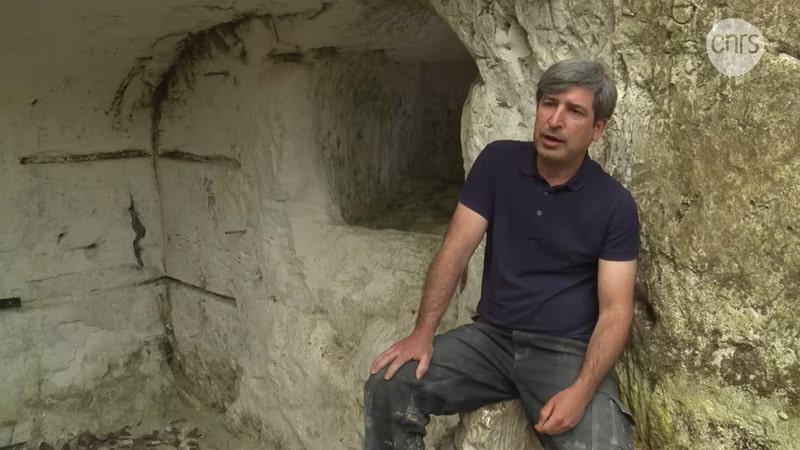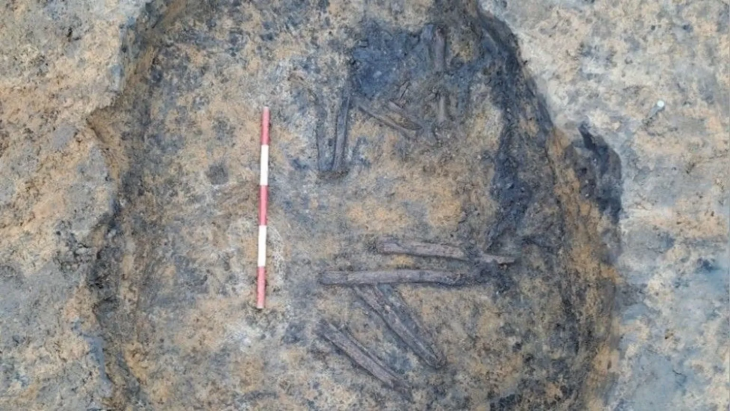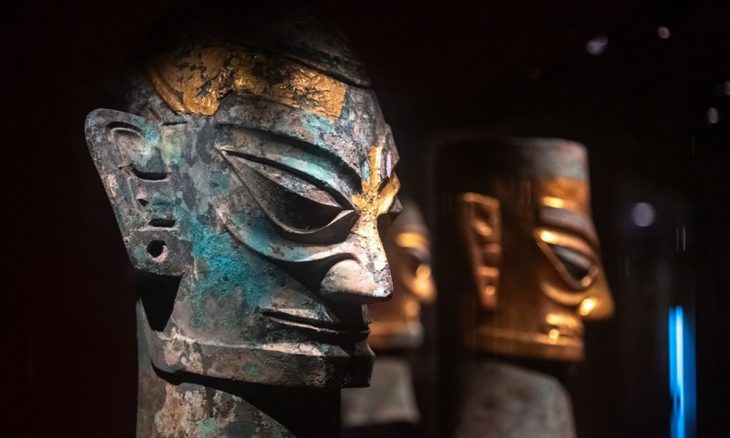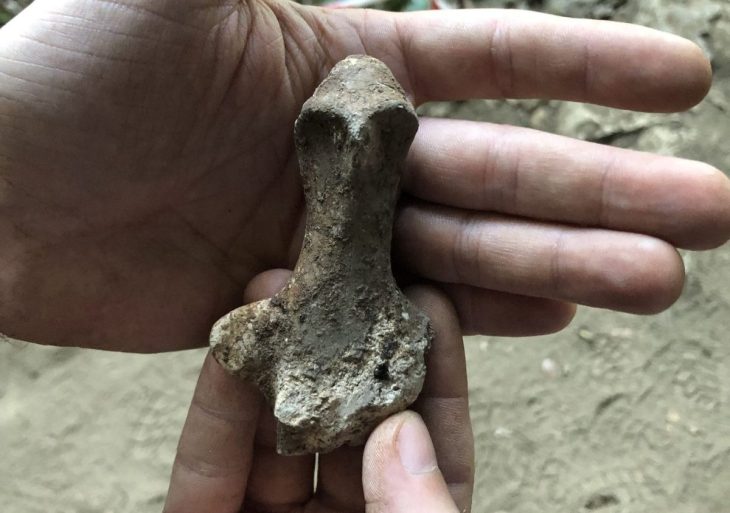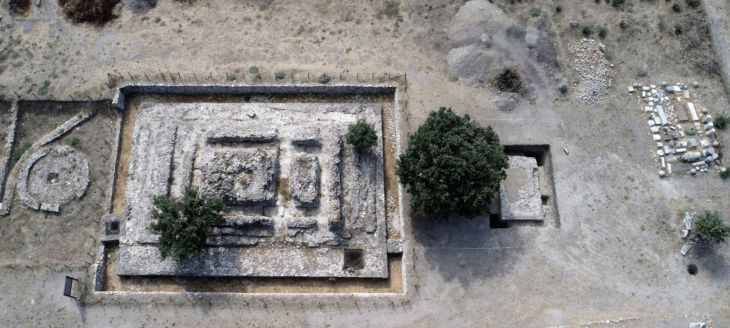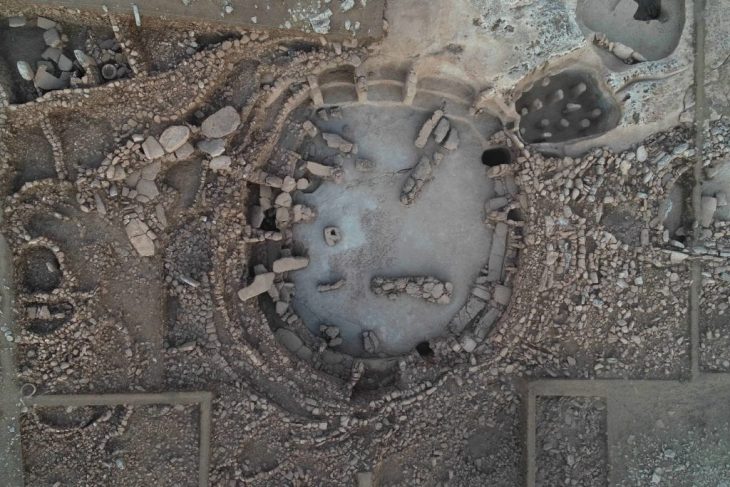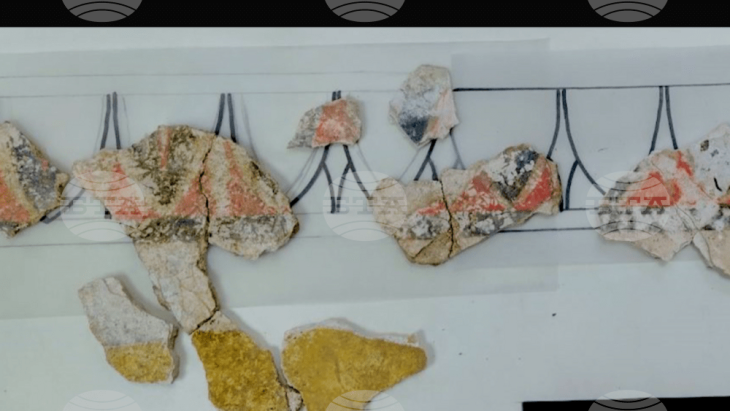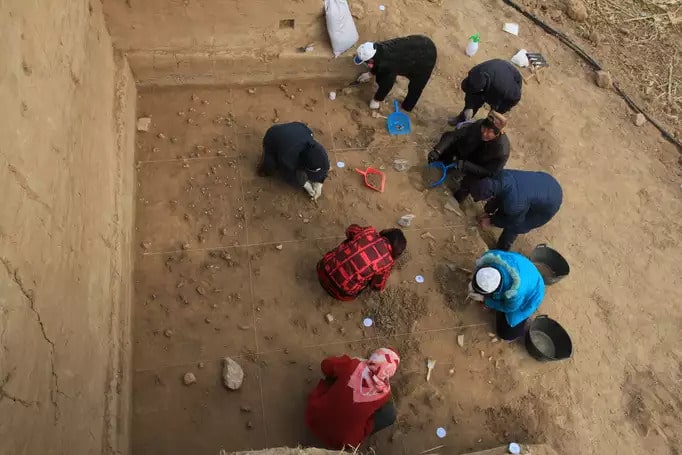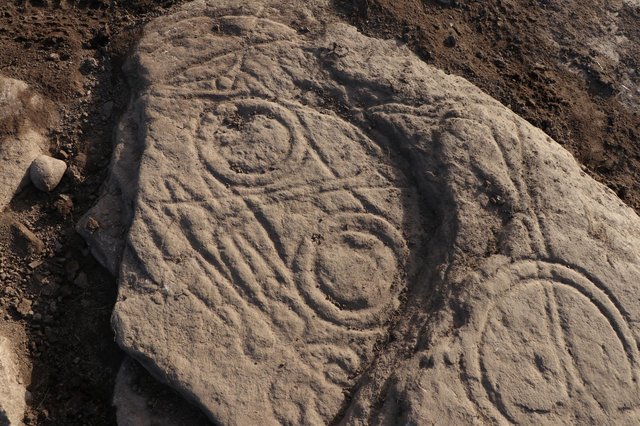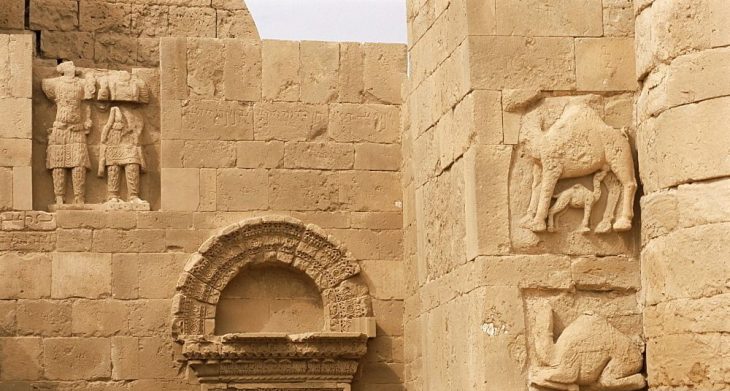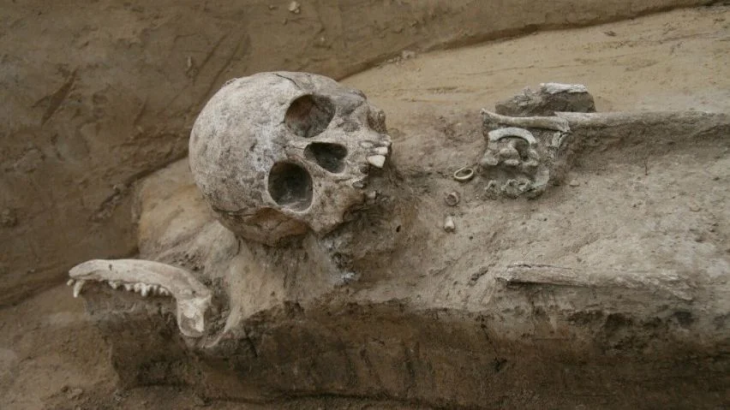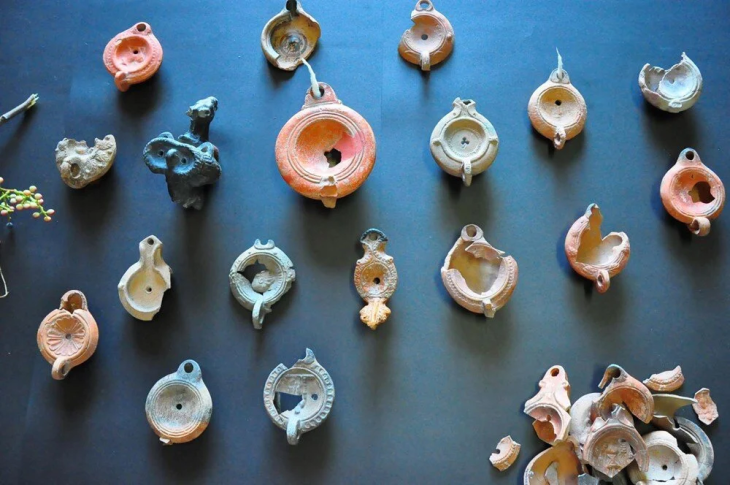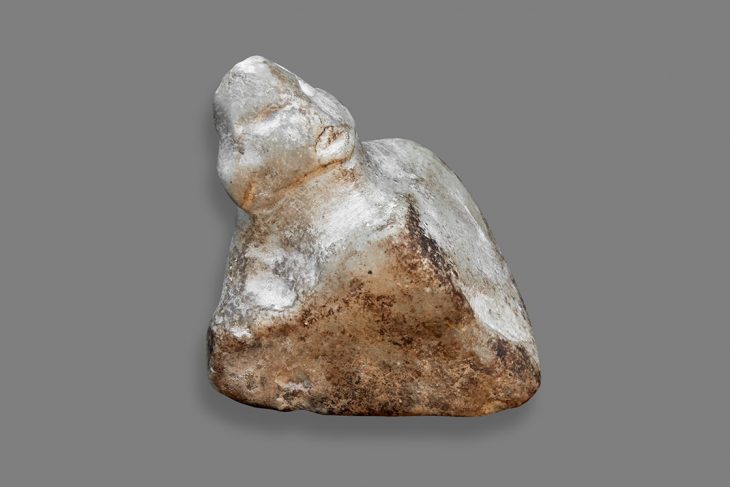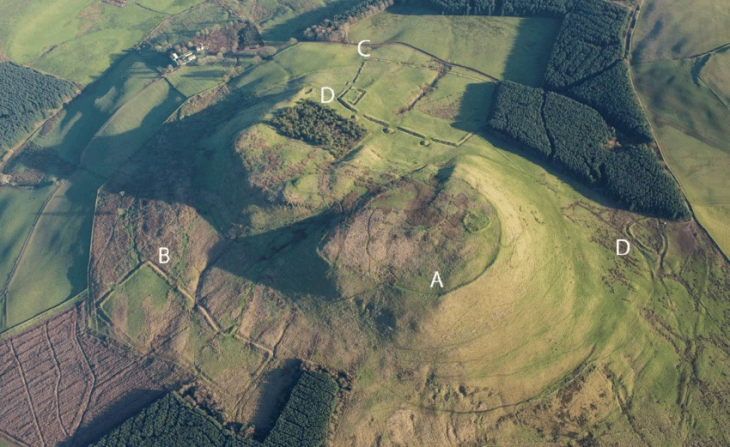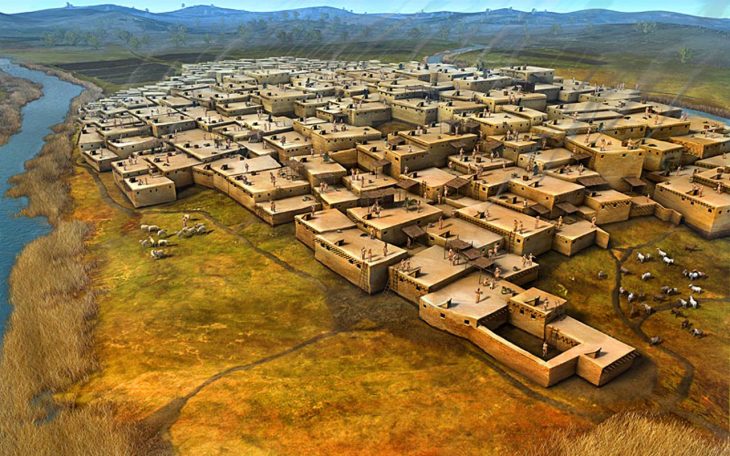Archaeologists have uncovered traces of a permanent settlement in the vast Neolithic site of the Marais de Saint-Gond in northeastern France.
The settlement provided rare insights into its social organization, precisely 150 years after the first flint was discovered in the area, and archaeologists have described the settlement as the last piece of the puzzle.
“This is the last piece of the jigsaw we were missing,” said Remi Martineau, a researcher at France’s national centre for scientific research (CNRS), who located the village with his team this summer.
At the site, 15 large flint mines have already been identified on 450 hectares, as well as 135 hypogeum or constructed underground chambers.
Five megalithic-covered alleys, ten polishers for axes and fields cultivated by controlled burns have also been located since flints were first discovered a century and a half ago.
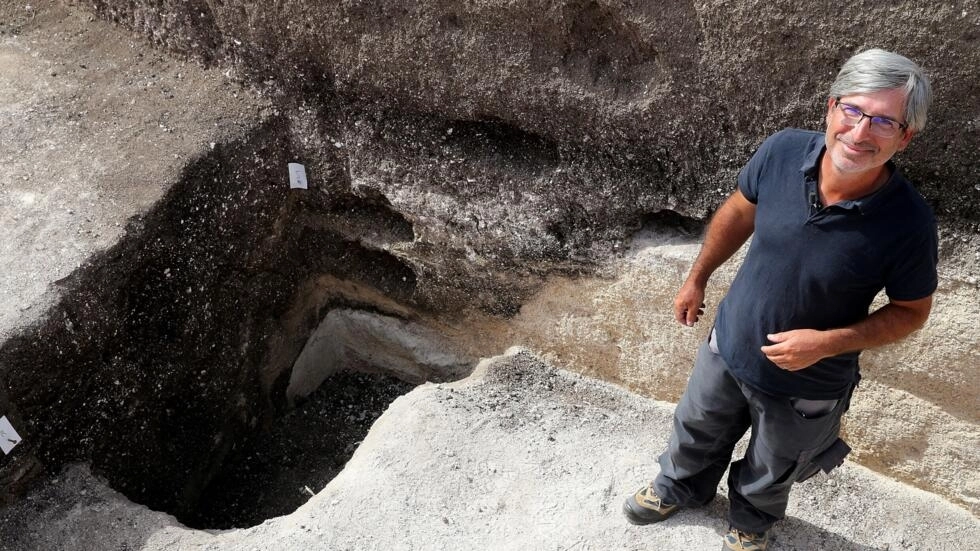
This new discovery makes it possible to pass a milestone in the understanding of “the economic, societal and territorial organization of the Neolithic”, Martineau said, adding that there is “no equivalent” in all of Europe.
The village was discovered when a ditch for the installation of a palisade was identified in the commune Val-des-Marais around 136 kilometers from Paris. The prehistoric enclosure was circling a hill, over an estimated area of one hectare, according to the archaeological evaluations.
In the process, an apse building was cleared, near a large rubbish pit some 20 meters in diameter, along with wells.
“The site was completely structured,” said Martineau.
They have also unearthed a tiny oval object made of mother-of-pearl – a true “museum piece”, according to Martineau. It is pierced with two holes in the center and is a likely ancestor of the button, which dates to 3,400 to 3,300 years ago.
Given its well-preserved state, researchers hope that the rest of the site will be equally well-preserved if more excavations are conducted in the future.
These successive discoveries are the result of a research programme started 20 years ago, led by the CNRS.
Cover Photo: CNRS

